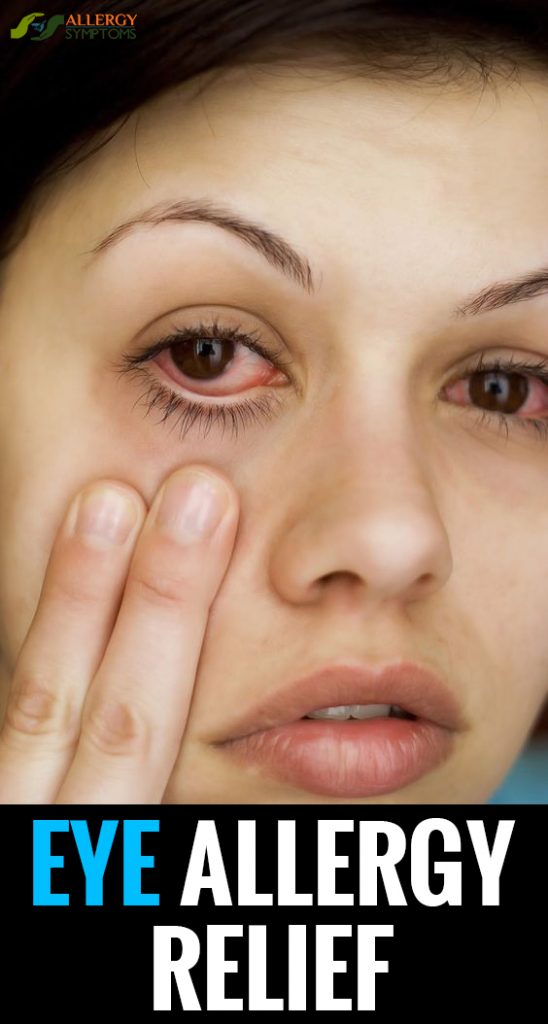Eyes are considered as the delicate part of the body; therefore, it is necessary to properly take care of them. Red, itchy, watery eyes, causes sneezing, and a runny nose is very common in today’s world.
An increase in environmental pollution is one of the main causes of eye allergy among people. Other factors that led to eye infections are:
- Pollen
- Mold
- Dust
- Makeup
- Allergy to contact lenses
- Reaction to certain cosmetics
- The wrong type of eye drops
In some cases, eye allergies can play a role in pink eye i.e. conjunctivitis and other eye infections.
Symptoms of Eye allergy
- Redness
- Irritated eyes
- Swelling
- Tearing or runny nose
- Sensitivity to light
Basic Eye Allergy Treatment
- Avoid changing your daily routine at home and office
- Keep your windows closed during the high pollen periods
- Cover your eyes with glasses or sunglasses when you go outdoor
- Wash your hands with soap or hand wash after petting any anima
Related: Essential Oils for Allergic Itchy Eyes
Eye allergy relief

Avoid allergens
One of the best ways to control your eye allergy is to limit the exposure to common allergens such as pollen and dust. Try to stay indoors as much as possible and use a high-quality heating system filter to trap common allergens and replace the filters frequently.
Eye Contacts
Try to wear glasses as the surface of contact lenses attractsairborne allergens; therefore, try to decrease the use of contact lenses during the pollen season. Otherwise, you can switch to daily disposable contact lenses that you can dispose of after a single use in order to prevent allergens from collecting on the lenses.
Related: 5 Ways to Keep Your Eyes Healthy
Over-the-counter eye drops
Many people take non-prescribed eye drops to treat the redness and itchiness of the eyes. However, without consulting a doctor, you may never know the real reason for your redness and itchiness in eyes. Moreover, these non-prescribed eye drops may work well for you if your eye allergy symptoms are relatively mild. Consult your doctors to get allergy eye drops to treat your eye infection or eye allergy properly.
Prescription medications
There is nothing better than getting proper medical help in times of need. Therefore, once you feel that your eyes are getting worse or you are not seeing any progress with eye drops then contact your doctor to get proper medicine for your eyes.
Prescription eye drops used to relieve eye allergies include:
- Antihistamines: dilates blood vessels and makes the walls of blood vessels abnormally absorptive. It reduces the reaction by blocking the attachment of the histamine to cells in the body that produce allergic responses.
- Decongestants: shrink swollen nasal passages for easier breathing as well as reduces the size of blood vessels of the eye to relieve red eyes.
These two are considered as the best eye drops to treat or reduce the symptoms of eye allergy.
Nowadays, it is important to take care of the eyes, as eye blindness is also a major issue and many people are suffering from eye problems. Therefore, maintain a healthy diet and get your eyes regularly tested to avoid any kind of health issues in the future.
Related: Allergic Conjunctivitis Symptoms

